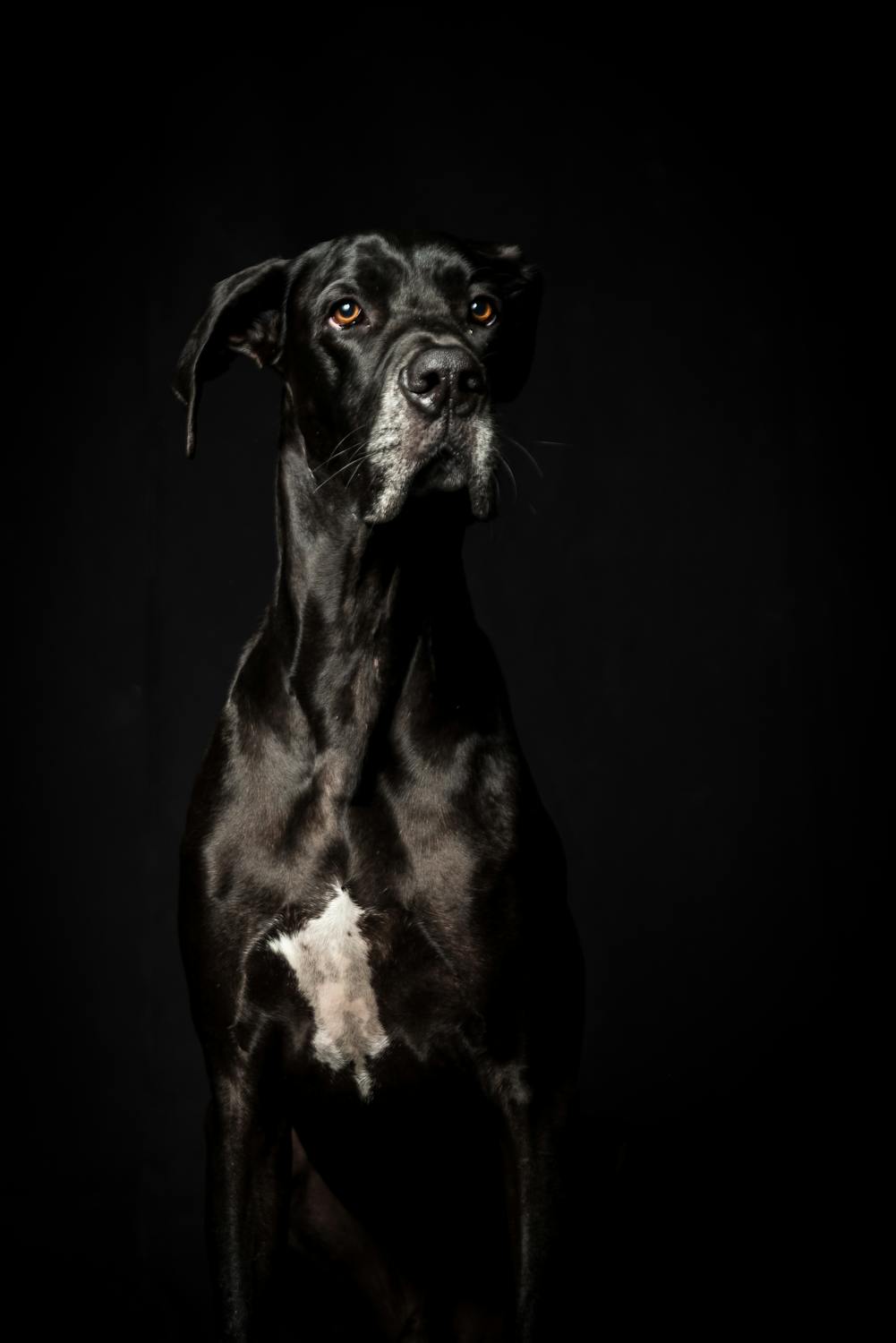

The Great Dane is known as one of the finest giants of dogs in temperamental aspects; basically, they are beautiful and good-natured ones. Considered "Apollo of dogs" due to its elegant and noble appearance, Great Dane is a blend of strength, grace, and gentle disposition. Accompanied with the status that the breed achieved from its original breeding in Germany for large game hunting, nowadays they are amazing family dogs known for their placid nature and devotion. In spite of the large body mass one represents, these dogs are often referred to as gentle giants, owing to their nature of sweetness.
Exercise
Life Span
Grooming
Coat Type
Breed Group
Size
Great Danes make excellent companions and are friendly with both family members and strangers. They form strong bonds with their families, making great friends with kids and other pets. They are calm, affectionate, and great watch dogs despite their gentle nature. While they are friendly towards strangers, they are not the best guard dogs. Early socialization helps them get along with other dogs and pets. They are playful and energetic, enjoying both running around with their human companions and curling up with them on the couch.
Great Danes require approximately 30 to 60 minutes of daily exercise, including walks, playtime, and short jogs. However, puppies require controlled exercise to avoid stress on their growing joints. They are intelligent and trainable but require consistency. Recall training is particularly important due to their large size. Engaging activities like obedience training and puzzle toys keep their minds sharp while providing necessary physical activity.
Great Danes are prone to certain health issues due to their size:
Hip Dysplasia: A painful condition where the hip joint doesn't fit properly. Weight management helps control symptoms.
Bloat: A life-threatening condition where gas accumulates in the stomach. Feeding smaller meals throughout the day can help prevent this.
Heart Problems: Regular veterinary checkups are essential to monitor heart health.
Bone Cancer (Osteosarcoma): Great Danes are at high risk for this condition, and early detection is crucial for effective treatment.
Great Danes have short, coarse-textured coats that do not require extensive grooming. Weekly brushing helps with shedding and distributes natural oils. They only need occasional baths as their coats do not collect much debris. Regular ear cleaning prevents infections, and their teeth should be brushed regularly to prevent gum disease.
Great Danes require a diet that supports their large size and overall health. Adult Great Danes need around 2,000 to 3,000 calories per day. Puppies require more frequent, well-balanced meals. Their diet should include adequate calcium and phosphorus to support joint health. Consulting a veterinarian for personalized dietary recommendations is highly recommended.